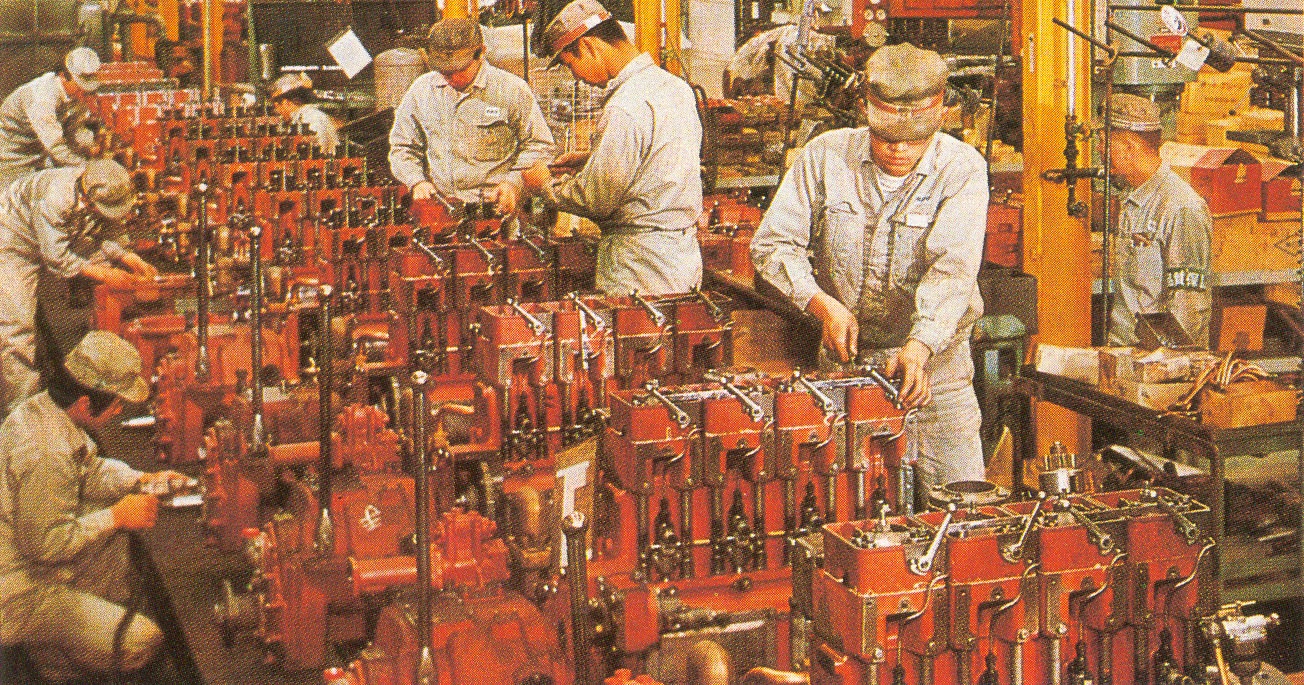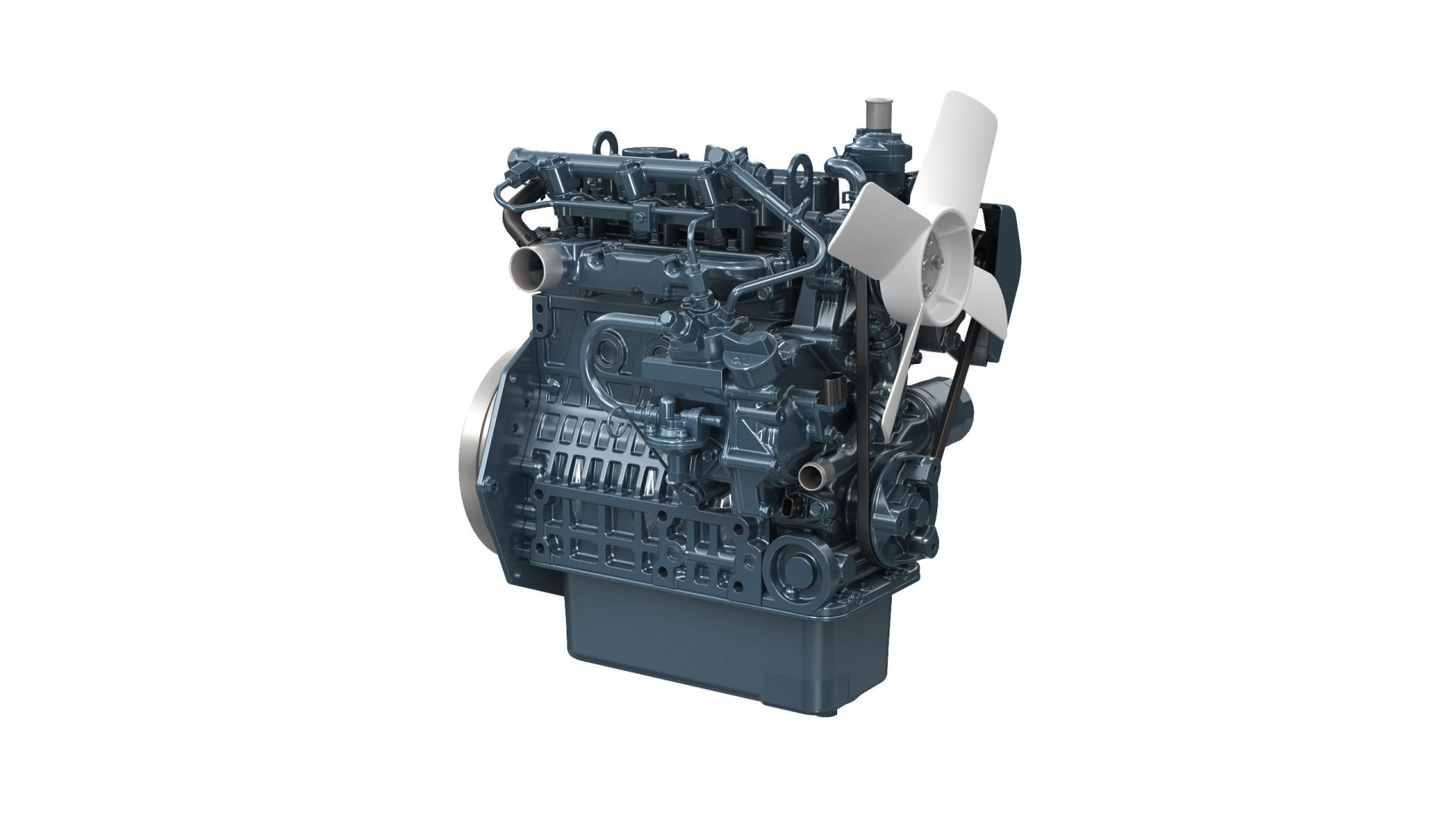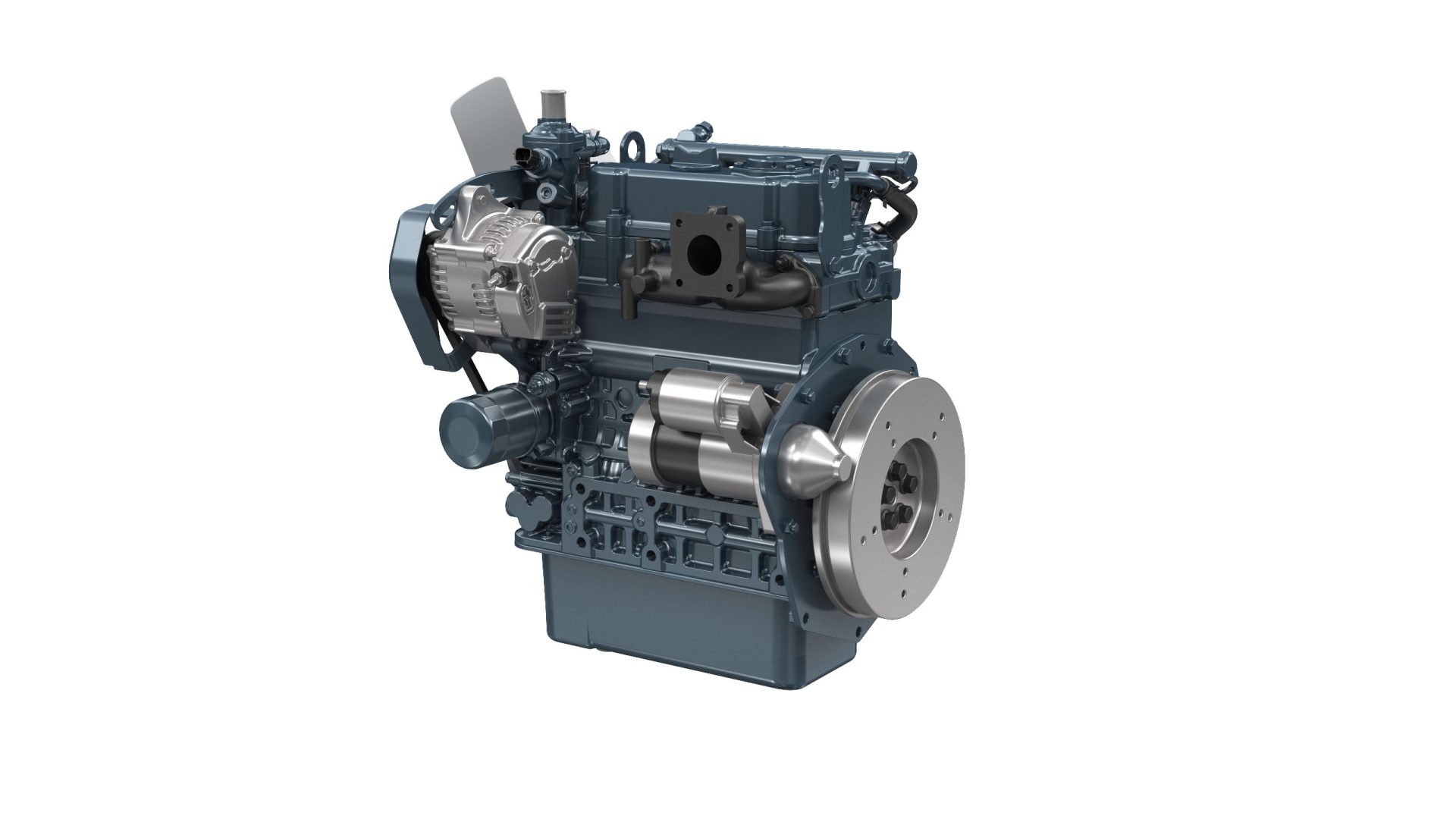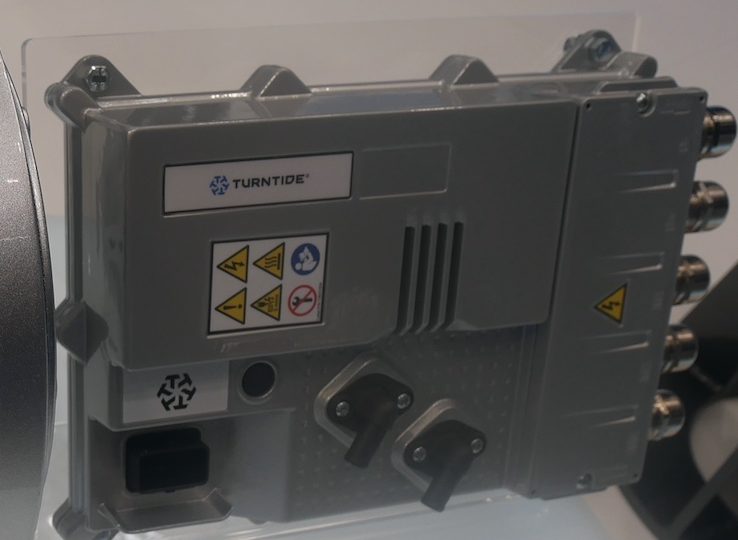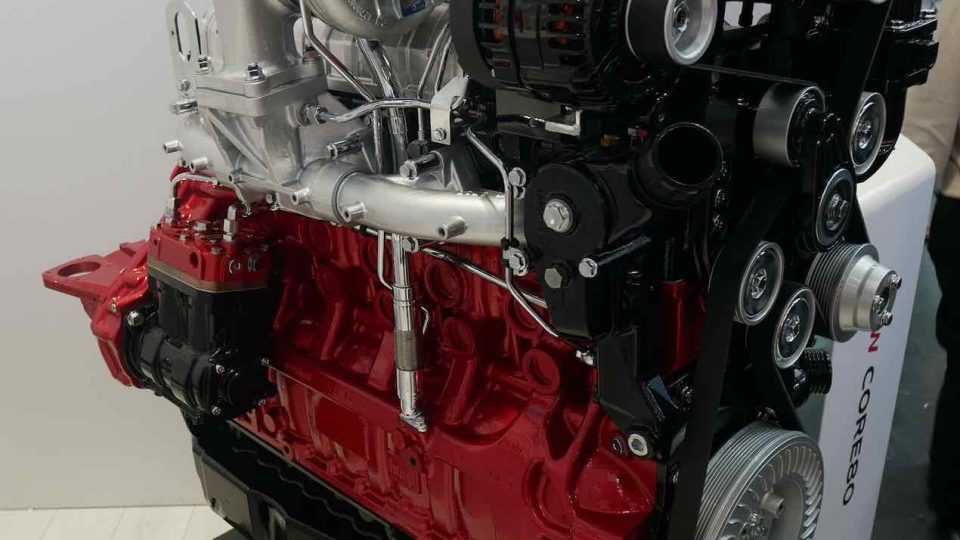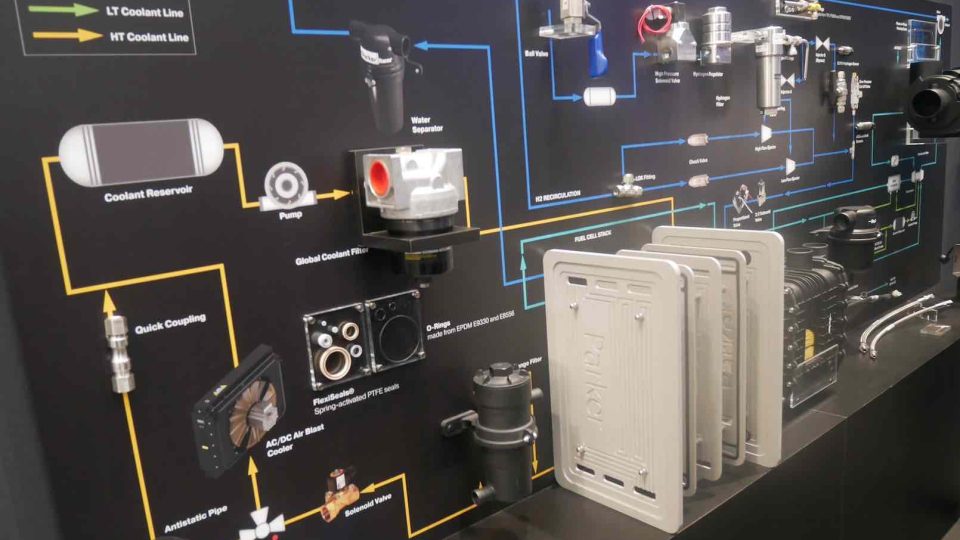Kubota to present new engines at bauma 2022
As part of its stand at bauma 2022, Kubota will present two new engines featuring state-of-the art technology which expand the fully electronically controlled engine line-up below 19 kW and enhance the company’s low carbon credentials.
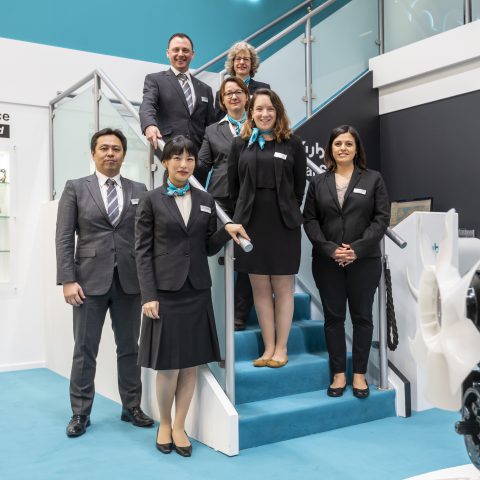
As part of its stand at bauma 2022, Kubota will present two new engines featuring state-of-the art technology which expand the fully electronically controlled engine line-up below 19 kW and enhance the company’s low carbon credentials.
The latest additions to the Kubota engine portfolio, and taking prominent positions at this year’s bauma, will be the D902-K and a new additional electronically controlled engine both of which feature Kubota’s highly advanced and ground-breaking TVCR technology.
“Their advanced technology with their new combustion systems offer end users a range of benefits. They are easy to install and offer clean emissions and low fuel consumption,” said Daniel Grant, Manager Marketing Intelligence, Business Unit Engine Europe, Kubota UK. “Both the D902-K and the new TVCR are able to easily replace current Kubota models as they offer the same dimensions, weight and engine mount positions.”
Bauma 2022: Kubota D902-K
Characteristics of the new D902-K 3-cylinder, vertical, water-cooled, 4-cycle diesel engine include smokeless operation, less carbon emissions due to low fuel consumption, high performance at high altitude and stable support for machine operations. It meets regional emissions standards EPA Tier 4, EU Stage V and China IV as well as the most stringent of China’s national regulations, Category III.
As the engines are electronically controlled they can communicate via Controller Area Network (CAN) which means engine operating data, needed for remote monitoring of performance, can be acquired.
“These new electronically-controlled engines mean that users of our current in-line, mechanical fuel injection engines can upgrade with minimal engineering cost due to the new engines having similar dimensions,” added Grant.
Carbon neutrality at bauma 2022
At bauma, carbon neutrality solutions will be a key feature for Kubota and, as well as its TVCR engines, it will display its range of available technologies including LPG (liquefied petroleum gas) engines and Micro Hybrid engines.
Kubota Micro Hybrid Technology is a system installed with a 48-volt motor generator using electric power only when intermittent overloads need to be handled.
A motor-assist function is used to deliver an additional 10 kW of electrical boost power when needed for occasional sudden loads enabling operators to select an engine with output to match the load range, together with electric power to compensate for infrequent intermittent overloads.
The Kubota Micro Hybrid Technology is particularly suitable for applications with intermittent overloads such as non-highway machines used on work sites, forklifts, sweepers and road rollers.
Among a range of other engines on show by Kubota at bauma will be the Kubota 09 Series V5009 engine which was the company’s first-ever diesel engine above 200 HP and won the “Diesel of the Year” award in 2019.
Also featuring on the Kubota booth will be digital presentations outlining Kubota’s vision on the use of alternative low or zero carbon fuels.
“100 Years of Kubota Engine 1922-2022”
A digital presentation (100 Years of Kubota Engine 1922-2022) will also feature on the booth. Kubota Corporation was founded in 1890 by Gonshiro Kubota in Osaka, Japan. While the initial focus was on manufacturing cast-iron pipes for water supply lines to contain and prevent the spread of infectious diseases with clean drinking water, the company introduced its first kerosene-powered engine in 1922.
Foundry technology remains one of Kubota’s mainstays. All crankcases and cylinder heads for engine construction come from the company’s own foundry.
The first engine to be developed by Kubota was the Type A – a three horsepower engine for agricultural applications.
Over the years the company has grown enormously with many new engines running on various fuels such as diesel, natural gas, LPG (Liquefied Petroleum Gas) and has also achieved notable landmarks over the decades including in 1993 Kubota developed the D1105-E diesel engine that became the world’s first off-road engine under 25 horsepower to pass CARB ULGE emissions regulations.
